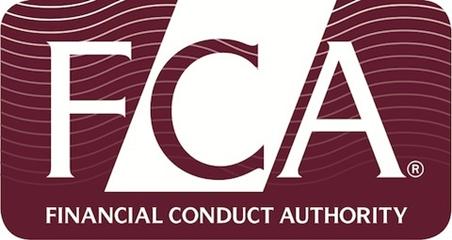Banks to be banned from charging more for unarranged overdrafts

Banks and building societies will be banned from charging higher prices for unarranged overdrafts than for arranged overdrafts under new reforms announced by the Financial Conduct Authority (FCA).
The new reforms, aimed at making overdrafts simpler, fairer and easier to manage for consumers, represent the biggest overhaul in a generation to what the FCA calls a “dysfunctional” overdraft market.
Announcing the changes, the FCA highlighted the impact of unarranged overdraft fees on people living in deprived areas, with some unarranged overdraft fees being more than ten times as high as fees for payday loans.
In 2017, firms made just over £2.4 billion from overdrafts alone, with around 30 per cent of that total from unarranged overdrafts. More than half of banks’ unarranged overdraft fees came from just 1.5 per cent of customers in 2016.
The changes, to be brought in from April 2020, will also ban fixed fees for borrowing through an overdraft – calling an end to fixed daily or monthly charges, and fees for having an overdraft facility.
Banks and building societies will be required to price overdrafts by a simple annual interest rate, and required to advertise arranged overdraft prices with an APR to help customers compare them against other products.
The FCA will also issue new guidance to reiterate that refused payment fees should reasonably correspond to the costs of refusing payments.
Meanwhile, banks and building societies will be required to do more to identify customers who are showing signs of financial strain or are in financial difficulty, and develop and implement a strategy to reduce repeat overdraft use.
Andrew Bailey, chief executive of the Financial Conduct Authority, said: “The overdraft market is dysfunctional, causing significant consumer harm. Vulnerable consumers are disproportionately hit by excessive charges for unarranged overdrafts, which are often ten times as high as fees for payday loans. Consumers cannot meaningfully compare or work out the cost of borrowing as a result of complex and opaque charges, that are both a result of and driver of poor competition.
“Our radical package of remedies will make overdrafts fairer, simpler and easier to manage. We are simplifying and standardising the way banks charge for overdrafts. Following our changes we expect the typical cost of borrowing £100 through an unarranged overdraft to drop from £5 a day to less than 20 pence a day.
“The decisive action we are taking today will give greater protections to millions of people who use an overdraft, particularly the most vulnerable.”






